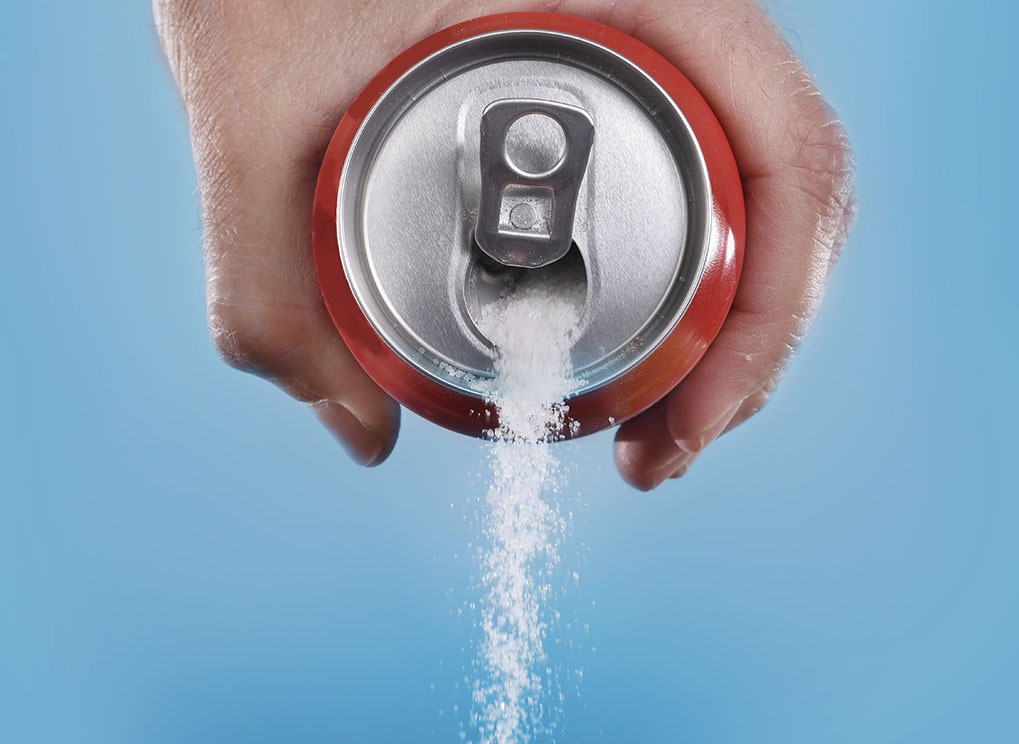For the study, researchers in France looked at data from over 100,000 participants in an ongoing online study that had individuals record their diet, activity level, and health status every six months. From this pool of participants, the research team divided the people into three groups based on their use of diet or sugary beverages: non-users, low-consumers, and high-consumers. Sugary beverages included soft drinks, fruit drinks, and syrups that contained at least five percent sugar, and 100 percent fruit juice. Diet drinks were those that contained artificial sweeteners, like aspartame, or natural sweeteners, such as stevia. The team then compared each group with the others based on incidences of stroke, heart attack, and other cardiac conditions. Read on for the study’s fascinating and controversial findings regarding diet soda and heart disease. And for concerns about another one of your favorite drinks, know that If You Can Smell This, You’re Drinking Too Much Caffeine, Study Finds. Read the original article on Best Life. According to the study, “higher intakes of sugary drinks and ASB [artificially sweetened beverages] were associated with a higher risk of CVD [cardiovascular disease], suggesting that ASB might not be a healthy substitute for sugary drinks,” Healthline reports. And for ways you can take care of your ticker, This Is the Best Thing You Can Do For Your Heart Health Right Now.ae0fcc31ae342fd3a1346ebb1f342fcb The researchers not only confirmed a direct connection between the consumption of sugary beverages and higher incidences of heart disease, but they also found that participants who drank diet sodas and artificially sweetened beverages experienced almost the exact same health risks. The only group found to have a lower risk of heart disease were individuals who drank no sweetened beverages, artificially or otherwise. And for another way you’re putting your health at risk, This Is the Worst Thing You’re Doing to Your Heart Right Now. Some industry groups were less than pleased at the study’s claims, even refuting the findings publicly. “Contrary to the claims made in this publication, there is actually no evidence that low/no-calorie sweeteners would increase the risk of cardiovascular disease, nor a plausible mechanism by which they could cause heart disease in humans,” the International Sweeteners Association (ISA) said in a statement. And for more up-to-date information delivered to your inbox, sign up for our daily newsletter. According to Healthline, the World Health Organization (WHO) “has reviewed hundreds of studies to find no conclusive evidence that artificial sweeteners put people at risk for weight gain or disease.” And for the real reasons you may be packing on the pounds, check out Surprising Things That Might Be Making You Gain Weight.
